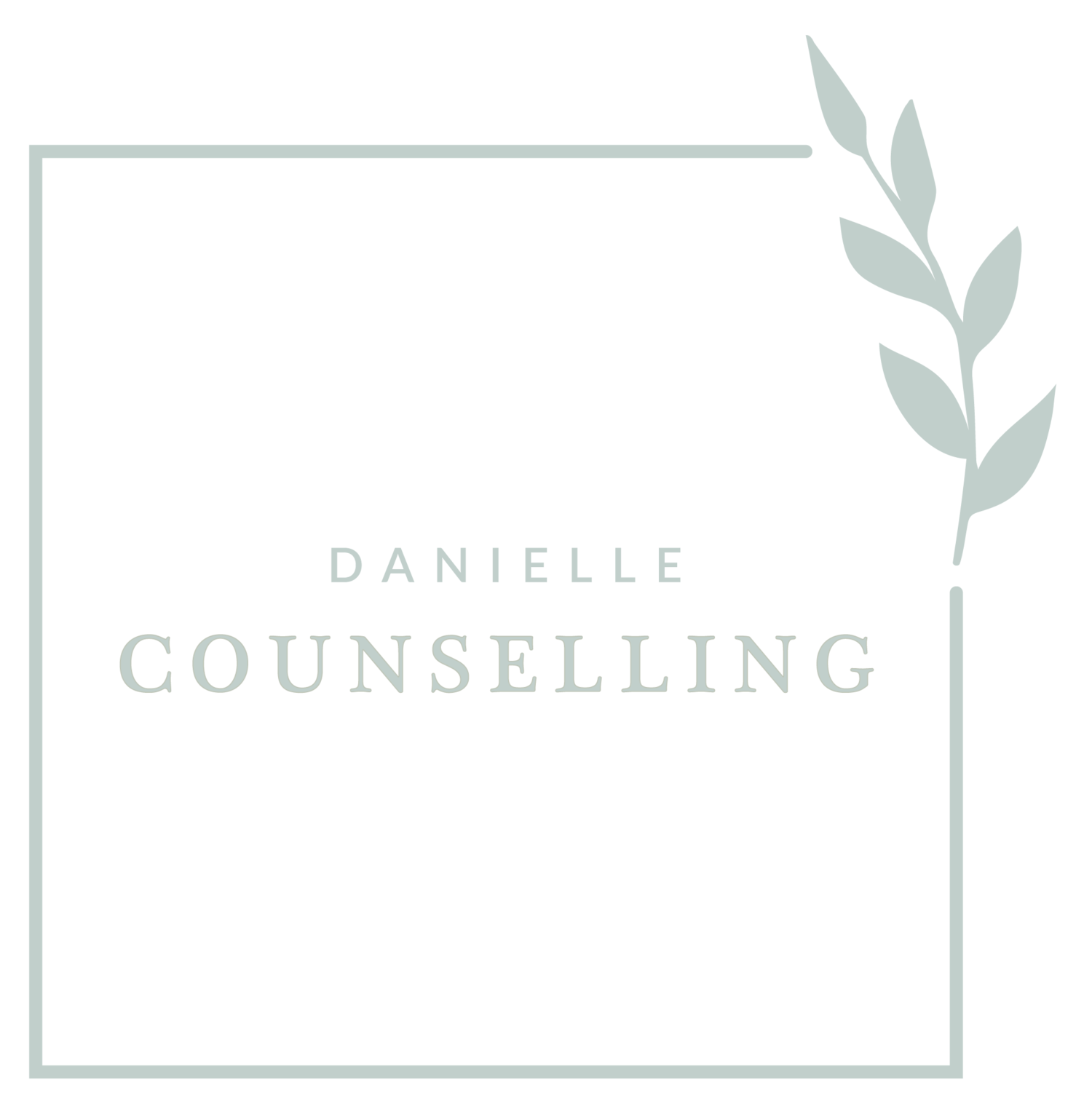HEALING FOR SECOND-GENERATION CANADIANS AND THEIR FAMILIES
Canada has a long history of welcoming immigrants and refugees, including those fleeing war-torn countries. During these migrations, families have faced multiple stressors along the way including the traumatic events related to war and persecution back home. Individuals, families, and whole communities may be affected during resettlement years in a new country.
Research suggests that trauma experienced in one generation can affect the next generation through an experience called “intergenerational trauma,” even when the original traumatic situation is removed. Recent studies have shown that intergenerational trauma is experienced by second generation adult Canadians, in particular for those whose parents were from Sri Lanka or Vietnam (Jeyasundaram et al., 2020).
The effects of intergenerational trauma can be seen in family dynamics such as the emotional and relational disconnect between parents and their children. Intergenerational trauma can lead to mental illness such as anxiety, depression, attention disorders, disruptive and/or hyperactive behaviours. Children who grow up in a culture that is different from their parents naturally develop a different worldview than their parents. This generational communication gap is intensified when parents are silent about their trauma.
THE NEGATIVE EFFECTS OF SILENCE
Parental silence about trauma is often well-intended. Parents want their children to enjoy the childhood they worked so hard to give them and not be burdened by knowing the difficulties faced back home. However, in the silence, children internalize the fears and pressures they witness in their parents. For example, many children of immigrants can attest to the pressure and anxiety to complete a university degree. One study found that second-generation Canadians avoided taking risks in their career choices and focused more on success and stability (Jeyasundaram et al., 2020). Fear of threat and danger was a driving force for their parents to work hard to achieve safety and stability after migrating to Canada. Regardless of their parents’ silence about their trauma, children incorporate this fear and a desire to honour their parents’ sacrifices into their own decision-making for their future.
OPEN COMMUNICATION IS KEY
Another effect of parents’ silence about their trauma is that children may experience resentment towards their parents. Without knowledge and understanding of the trauma their parents experienced, children may misattribute their parents’ dysregulation (i.e. excessive crying, yelling, aggression, controlling behaviours, isolation, etc.) as a reflection of their parents’ character. In contrast, when parents share about the challenges they experienced, they are inviting their children to relate to them with understanding and compassion. Research has shown that parents who communicated stories about their past reported enhanced family relationships and a greater sense of cultural identity (Jeyasundaram et al., 2020). Children were able to see their parents and communities as resilient instead of relics of their old culture. When the silence around trauma is broken, deep roots of acceptance and unity can grow in families. Parents can heal from their trauma and children can find their place in their family and unique cultural identity.
THERAPY CAN HELP BREAK THE SILENCE
Therapy helps create the space needed for healing and reconciliation to occur. Second-generation Canadians experiencing intergenerational trauma have sought care through therapy and by becoming therapists themselves to help heal their communities. In addition, research has found that one of the most important needs in mental health support for intergenerational trauma is a family-based model of care (Magan et al., 2023). Culturally sensitive family therapy can encourage communication between generations, breaking the barrier of silence.
At Danielle Counselling, our therapists are trained in compassionate individual, couple, and family therapy. We create a safe space for clients to share their unique journeys and experiences. We support our clients with culturally sensitive coping strategies. Our hope is that the cycle of intergenerational trauma will be interrupted, and future generations will reap the benefits. If you or your family would like support to break the silence, call us to book a free consultation or book online today.
References
Jeyasundaram, J., Cao, L. Y. D., & Trentham, B. (2020). Experiences of intergenerational trauma in second-generation refugees: Healing through occupation. Canadian Journal of Occupational Therapy, 87(5), 412-422. https://doi.org/10.1177/0008417420968684.
Magan, I. M., Benson, O. G., & Banya, M. (2023). Mental health care with refugee families: A transnational collectivist approach. Families in Society: The Journal of Contemporary Social Services, 104(1), 47-56. https://doi.org/10.1177/10443894221117249.

